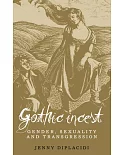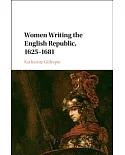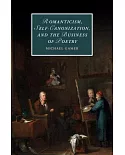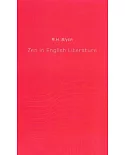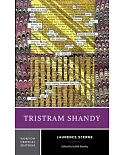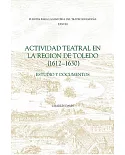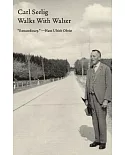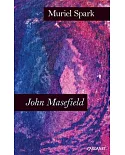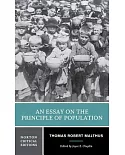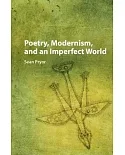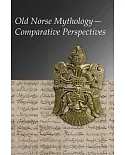This study explores the writing practices of two representative French authors from the 16th and 17th centuries, Michel de Montaigne and Madame de Sevigne. The two authors share a double
quality: the autobiographical genre, which is a "modest" genre, since the essay and the letter do not belong to the traditionally esteemed literary genres; and the manner of observing oneself
by analyzing the private universe of one's physical and spiritual sufferings and illnesses. The study show how Monaigne, in his Essays and Travel Journal, and Madame de Sevigne in her
Correspondence live the tension between two contradictory and complementary inclinations of human nature:on the one hand, opening towards another, communication with a loved one, and, on the
other hand, withdrawal, reflection and, distress. Thus, it is possible to reveal fascinating answers to the challenge of defining the body-soul relationship which haunted Modernity, and gave
rise to a new literary genre in Montaigne's case, and, in Madame de Sevigne's case to an accomplished literary work which was intended to be a personal correspondence. This work will appeal to
scholars, students and professors, who are interested in French Studies, Comparative Literature and Early Modern literature.


